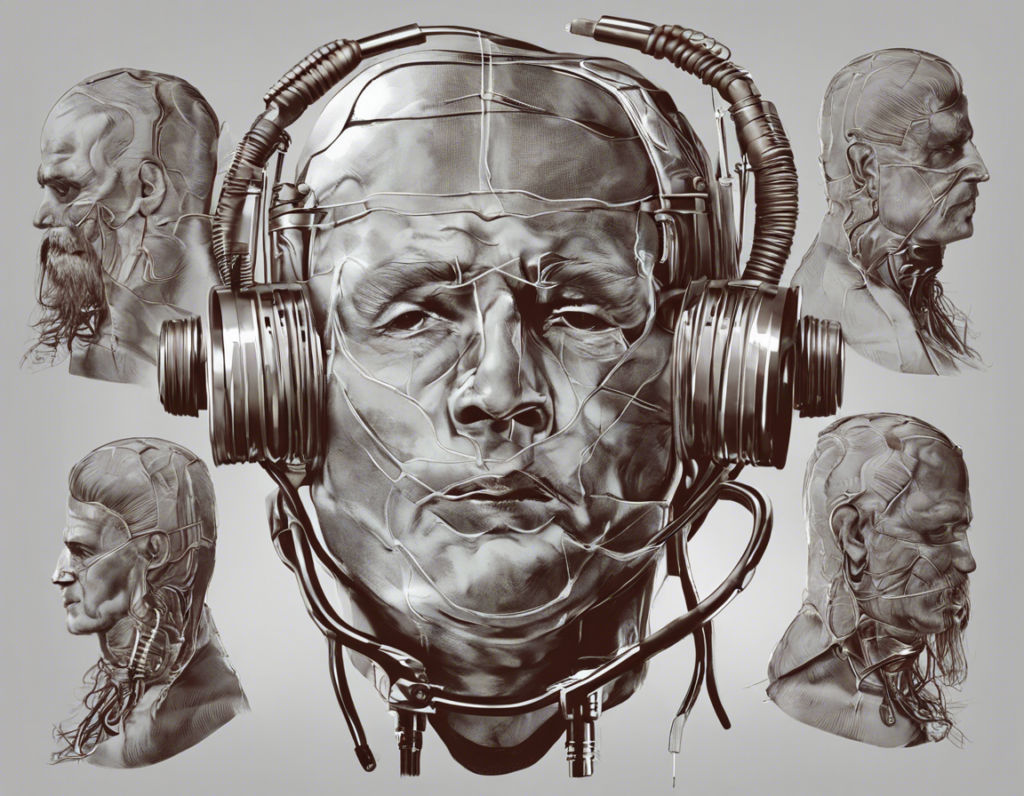Head doctors play a crucial role in the medical field, overseeing a myriad of responsibilities that are integral to the efficient functioning of a healthcare facility. These professionals, often referred to as chief medical officers (CMOs) or medical directors, are entrusted with the task of ensuring that the quality of patient care meets the required standards, while also managing the overall operations and strategic direction of the medical institution. This article aims to delve into the multifaceted role of a head doctor, shedding light on the key duties they perform and the skills required to excel in this challenging yet rewarding position.
Duties and Responsibilities
1. Strategic Planning
- Head doctors are responsible for developing and implementing strategic plans to meet the healthcare facility’s objectives.
- They collaborate with other senior management staff to set goals and ensure the effective delivery of medical services.
2. Quality Assurance
- Ensuring that the medical facility complies with all relevant regulations and standards.
- Overseeing quality improvement initiatives to enhance patient outcomes and satisfaction.
3. Personnel Management
- Recruiting, hiring, and supervising medical staff.
- Providing leadership and mentorship to medical professionals within the organization.
4. Budget Management
- Developing and managing the medical facility’s budget.
- Monitoring expenses and revenue to ensure financial sustainability.
5. Risk Management
- Identifying and mitigating risks that may impact patient care or the organization’s reputation.
- Implementing protocols to ensure patient safety and minimize errors.
6. Community Engagement
- Representing the medical facility in the community and fostering positive relationships with stakeholders.
- Participating in public health initiatives and promoting healthcare awareness.
Skills and Qualifications
To excel as a head doctor, individuals must possess a diverse set of skills and qualifications that equip them to handle the complexities of the role effectively. Some essential qualities include:
1. Medical Expertise
- A strong background in medicine and clinical practice is essential.
- Board certification and a valid medical license are typically required.
2. Leadership Skills
- The ability to inspire and guide a team of medical professionals.
- Strong decision-making and problem-solving capabilities.
3. Communication Skills
- Clear and effective communication with patients, staff, and other stakeholders.
- The capacity to convey complex medical information in a comprehensible manner.
4. Strategic Thinking
- The capacity to envision long-term goals and develop plans to achieve them.
- Adept at analyzing data and trends to inform decision-making.
5. Ethical Integrity
- A commitment to upholding ethical standards and patient confidentiality.
- Integrity and honesty in all professional dealings.
Challenges Faced by Head Doctors
While the role of a head doctor can be immensely fulfilling, it also comes with its own set of challenges. Some common obstacles faced by individuals in this position include:
- Managing a Diverse Team: Balancing the needs and personalities of a diverse group of medical professionals can be challenging.
- Navigating Regulatory Changes: Staying abreast of evolving healthcare regulations and ensuring compliance can be daunting.
- Budget Constraints: Striving to deliver high-quality care within budgetary constraints requires strategic financial planning.
- Handling Crisis Situations: Effectively managing crises such as medical errors or staff conflicts demands strong leadership and decision-making skills.
- Maintaining Work-Life Balance: Juggling administrative responsibilities with patient care while maintaining personal well-being can be taxing.
Frequently Asked Questions (FAQs)
1. What is the primary role of a head doctor?
A head doctor is responsible for overseeing the medical operations of a healthcare facility, ensuring quality patient care, and managing the strategic direction of the organization.
2. What qualifications are necessary to become a head doctor?
To become a head doctor, individuals typically need a medical degree, board certification, and extensive clinical experience. Leadership skills and management training are also valuable.
3. How does a head doctor contribute to patient care?
Head doctors play a crucial role in enhancing patient care by implementing quality improvement initiatives, ensuring regulatory compliance, and fostering a culture of patient safety.
4. What are the key challenges faced by head doctors?
Common challenges faced by head doctors include managing a diverse team, navigating regulatory changes, budget constraints, handling crisis situations, and maintaining work-life balance.
5. How can aspiring physicians prepare for a career as a head doctor?
Aspiring physicians can prepare for a career as a head doctor by gaining leadership experience, pursuing advanced management training, staying current on healthcare trends, and honing their communication skills.
In conclusion, the role of a head doctor is pivotal in upholding the quality of healthcare services and ensuring the smooth functioning of a medical facility. By possessing a diverse skill set, including medical expertise, leadership capabilities, and strategic acumen, head doctors can navigate the complexities of the healthcare landscape and drive positive outcomes for both patients and the organization as a whole.
